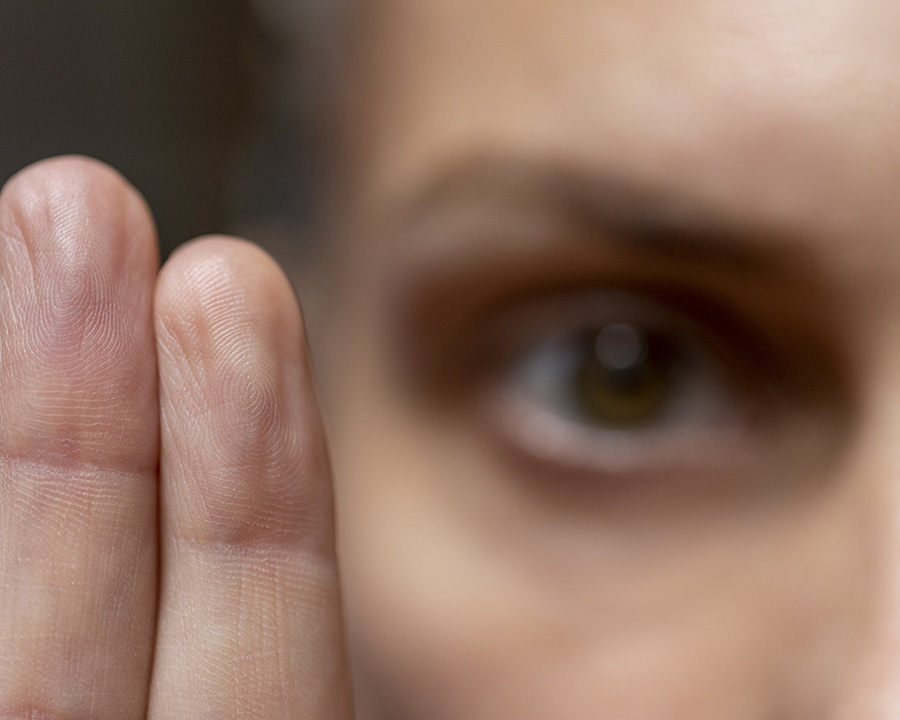Welcome! As a licensed marriage and family therapist in private practice, I specialize in providing compassionate, client-centered therapy to adults navigating a wide range of life challenges. One of the powerful tools I use in my practice is Eye Movement Desensitization and Reprocessing (EMDR) therapy. EMDR is an evidence-based therapeutic approach that has proven to be highly effective in helping individuals process trauma, manage anxiety, heal from past wounds, and make lasting changes in their emotional well-being. EMDR is an extensively researched, effective therapy that has been proven to help people recover from trauma and trauma-related symptoms. Through EMDR, we can work together to reframe painful memories and beliefs, allowing you to gain a deeper sense of clarity, peace, and resilience.
Whether you are struggling with trauma, depression, or simply need support in your personal growth, EMDR can help facilitate the healing process in a safe and supportive environment. My goal is to empower you to live a life that feels more aligned, purposeful, and fulfilling.

What is EMDR Therapy?
Eye Movement Desensitization and Reprocessing (EMDR) therapy is a powerful, evidence-based treatment designed to help individuals process traumatic memories, reduce emotional distress, and promote healing.

EMDR utilizes a unique approach that involves bilateral stimulation (typically through guided eye movements) to help the brain reprocess distressing experiences. This method allows your brain to reprocess memories that have become “stuck” or unprocessed, reducing their emotional charge and helping you develop healthier coping strategies.
EMDR is particularly effective for individuals dealing with trauma, anxiety, depression, and other emotional challenges. It has been extensively researched and recognized by organizations such as the American Psychological Association (APA) and the World Health Organization (WHO) as an effective treatment for Post-Traumatic Stress Disorder (PTSD). Unlike traditional talk therapy, EMDR helps clients address the root causes of emotional pain in a more direct and holistic way, allowing for deeper and more lasting healing.
How do I know if EMDR is right for me?
Deciding if EMDR therapy is right for you depends on your unique needs, goals, and experiences. As your therapist, I will work closely with you to understand your history, current emotional challenges, and your readiness to engage in this specialized form of therapy.
In the initial consultation, we will discuss your concerns and explore how EMDR might be beneficial.
Here are some factors that may indicate EMDR could be a good fit for you:
- Past Trauma: If you have experienced trauma—whether in childhood, during a significant life event, or more recently—EMDR can help process and release the emotional distress that often accompanies traumatic memories. It is particularly effective for those with PTSD or complex trauma.
- Persistent Negative Beliefs: EMDR can be helpful if you struggle with negative beliefs about yourself (e.g., “I’m not good enough,” “I’m unlovable”) that stem from past experiences. These beliefs can be linked to unprocessed traumatic memories, and EMDR works to shift those beliefs and replace them with healthier, more empowering perspectives.
- Anxiety and Stress: If anxiety, stress, or panic attacks are affecting your daily life, EMDR can be a tool to help identify and address the root causes of these feelings. EMDR helps desensitize the emotional responses tied to stressful experiences, allowing you to regain emotional balance.
- Life Transitions: Whether you’re going through a major life change, such as a career shift, relationship challenges, or the birth of a child, EMDR can help you process any difficult emotions tied to these transitions, allowing you to move forward with greater ease.
During our sessions, I will assess your comfort and readiness for EMDR and ensure that we proceed in a way that feels safe and empowering. While EMDR is a highly effective treatment, it’s essential to ensure that you have the necessary support and stability to process deep emotions. If EMDR is not the right approach for you at this time, we will discuss alternative therapies that may better meet your needs.
Ultimately, my goal is to support you on your healing journey, and I’m committed to finding the approach that works best for you. Together, we can determine whether EMDR therapy is a path that resonates with you and aligns with your goals for healing and growth.

